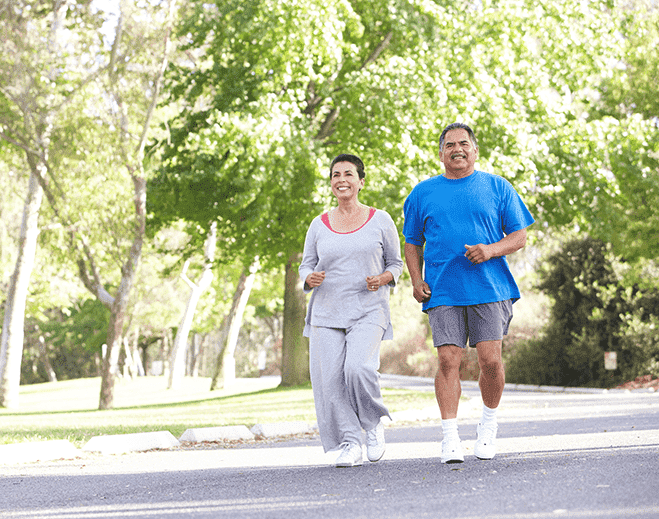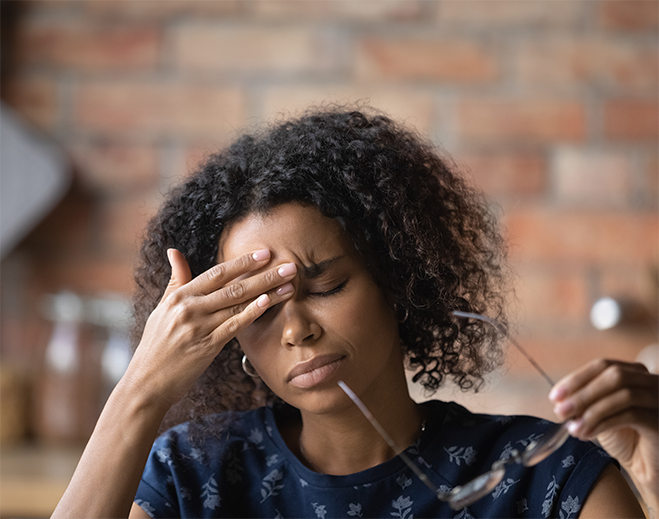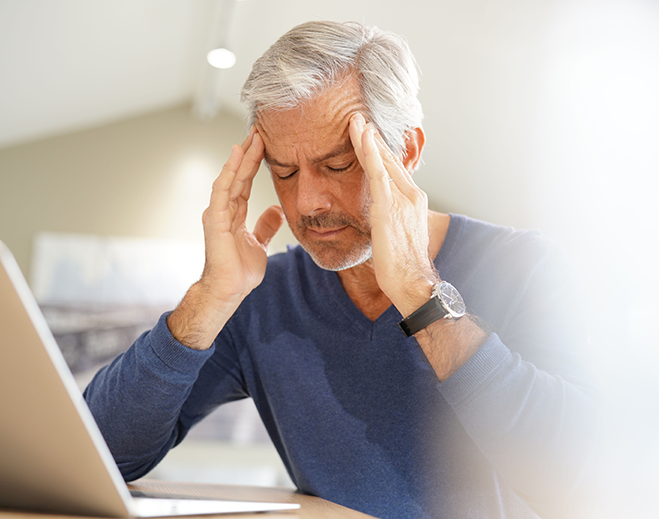Stroke Diagnosis
Time is critical in preventing further damage to your brain and in reversing the damage already done during a stroke. For this reason, you should get to an emergency room as quickly as possible.
After an initial review of your symptoms and medical history, a physical exam will focus on identifying the area of your brain that is being damaged. Your condition will be stabilized.
- The diagnosis evaluation includes:
- Neurological exams
- Blood and urine tests
- Imaging scans
Stroke Treatments
Having a stroke may dramatically change your lifestyle. But the changes are so varied that they cannot be predicted even after the acute event. You may recover completely from a stroke days, weeks, or months later. A stroke can leave you permanently impaired or the effects may be minimal. The days and weeks after your first stroke may be an entirely new world to you, a world of hard work to recover and retrain whatever functions the stroke deprived you of—speech, walking, use of an arm or leg—and to redirect your life so that you can profit most from your remaining abilities.
- Treatment involves the following:
- Lifestyle changes
- Medication
- Surgery
- Rehabilitation
Rehabilitation at Abrazo
The comprehensive rehabilitation programs available at Abrazo facilities offer you and your family personalized treatment and support for a wide range of injuries. The rehabilitation services staff provides an interdisciplinary team approach that consists of case managers, social workers, dietitians, nurses and therapists to create an individualized plan of care to quickly get you back to normal daily functioning.
We offer:
- Outpatient rehabilitation
- Behavioral techniques for incontinence treatment
- Physical, occupational and speech language therapy
- Sports medicine and neurological therapy
- The right exercise equipment for recovery, including free weights and cardiovascular machines





